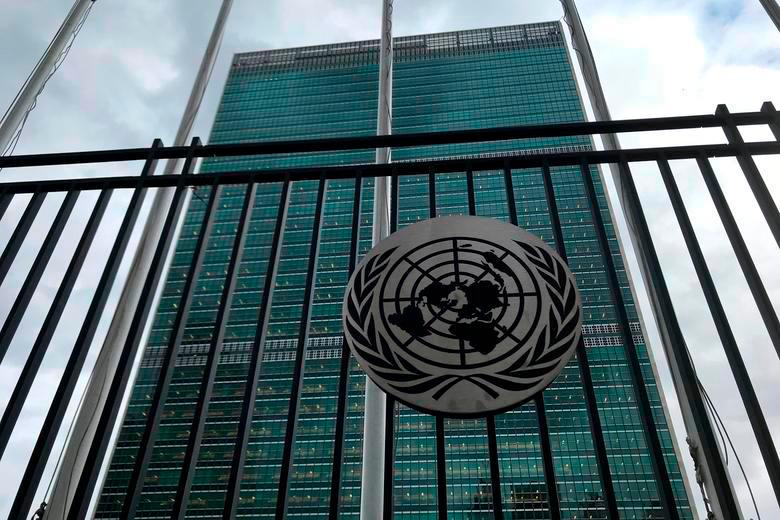
DHAKA, Feb 22, 2022 (BSS) - The UN Special Rapporteur on the situation of Human Rights in Myanmar, Tom Andrews, issued a report to the UN Human Rights Council today that identifies States, including two permanent members of the Security Council - China and Russia, who have supplied weapons used against civilians since Myanmar's military coup.
The independent expert appealed to weapons exporting nations to immediately suspend their weapons sales and urged the convening of an emergency Security Council session to debate and vote on a resolution to, at minimum, ban those arms transfers that the Myanmar military are known to use to attack and kill the Myanmar civilians, according to a message received here from Geneva.
"It should be incontrovertible that weapons used to kill civilians should no longer be transferred to Myanmar. These transfers truly shock the conscience," Andrews said.
"Stopping the junta's atrocity crimes begins with blocking their access to weapons. The more the world delays, the more innocent people, including children, will die in Myanmar," he said.
The Special Rapporteur identified China, Russia and Serbia as Member States who have, since the coup, been supplying the junta with weapons of the sort that are being used to attack civilians.
"The people of Myanmar are imploring the UN to act," he said.
"They deserve an up-or-down vote on a Security Council resolution that will stop the sale of weapons being used to kill them. Too many families are finding themselves in the cross-hairs of weapons of war that Member States are supplying. This must end."
The report, titled 'Enabling Atrocities: UN Member States' Arms Transfers to the Myanmar Military', also names States who have authorised the transfer of weapons since 2018 when Myanmar military atrocity crimes against the Rohingya ethnic minority were widely documented and a UN Fact Finding Mission called for an immediate arms embargo. It includes the types and, where known, the amounts of weapons that have been transferred to the Myanmar military.
"Despite the evidence of the military junta's atrocity crimes being committed with impunity since launching a coup last year, UN Security Council members Russia and China continue to provide the Myanmar military junta with numerous fighter jets, armored vehicles, and in the case of Russia, the promise of further arms. During this same period, Serbia has authorised rockets and artillery for export to the Myanmar military.
Last June the General Assembly adopted a resolution calling for Member States to prevent the flow of arms into Myanmar. "This was welcomed by the people of Myanmar, civil society organizations, and international human rights advocacy groups," Andrews said. "The failure of the resolution to have any discernable impact on the crisis and the capacity of the junta to launch attacks on civilians, however, has led to anger and despair.
"It is imperative that Member States and the Security Council act urgently to stop weapons sales to the military junta. Human lives, and Security Council credibility, are on the line.
"While not a single member of the Security Council voted against the General Assembly resolution, the Security Council has not considered, let alone voted, on a resolution that could make the resolution binding on Member States.
"I appeal to the Member States of the UN Security Council who are appalled by the killing of Myanmar civilians to put forward a resolution to stop it. Transparency matters. The Security Council should consider, at the very least, a resolution to ban weapons that are being used by the Myanmar military to kill innocent people."
The report also calls for coordinated action by the Member States to cut the junta's access to revenue, just as the people of Myanmar are doing through widespread boycotts on goods linked to the military.
"Without legitimacy and against broad opposition among the people of Myanmar, the military junta operates as if it is a hostile military power. Military force is therefore its only means of attempting to exert control," Andrews said.
"While perceived by junta leaders as a strength, this large military is also a vulnerability as it requires significant resources to equip and sustain. If the revenues necessary to maintain such a military are reduced, the junta's capacity to assault and terrorise the people of Myanmar will diminish," he added.